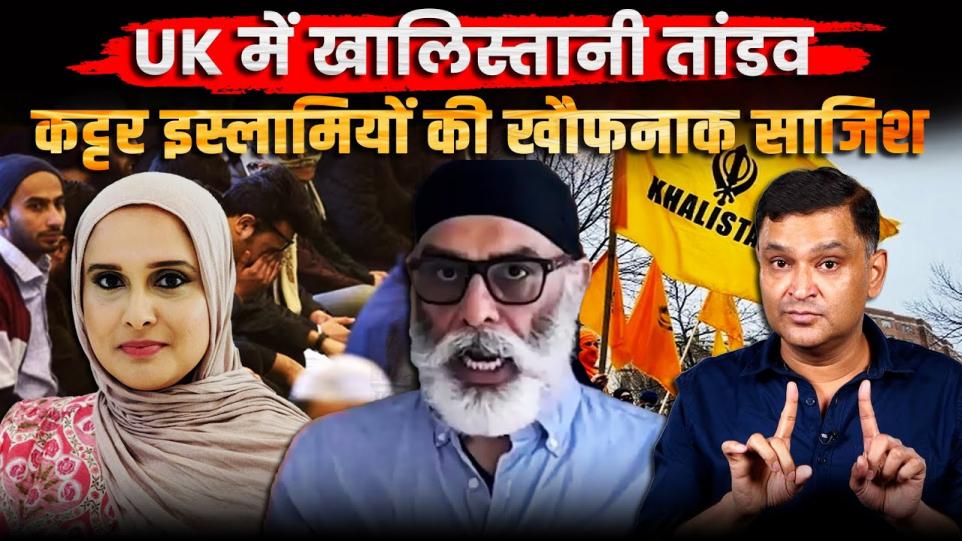From artisanal crepes to rebellious cheesecake waffles, Reading's breakfast rebels are transforming morning meals. These seven spots will revolutionize how you start your day.
In a shocking turn of events, Slough's Sabia Akram has found herself at the center of a storm after being branded an 'extremist' in an inflammatory video. The video, which was recorded by Indian TV personality and retired major Gaurav Arya, has ignited widespread controversy and debate. Akram, known for her steadfast commitment to community safety, particularly concerning Sikh activists in Britain, has responded vehemently to these accusations.
Background of the Controversy
The controversy began when Sabia Akram, a prominent councillor in Slough, publicly raised concerns about the safety of Sikh activists in Britain. Her advocacy and unwavering stance on this issue have been well-known within her community. However, her vocal position attracted the attention of Gaurav Arya, a figure equally renowned in India for his outspoken views.
In his video, Arya labeled Akram an 'extremist', a term that has far-reaching and potentially dangerous implications. This unfounded accusation not only targets Akram's character but also seeks to undermine her legitimate concerns about Sikh activist safety.
Councillor Akram’s Response

Source: https://www.sloughobserver.co.uk/news/24501430.slough-councillor-speaks-targeted-gaurav-ara-video/
In response to Arya’s video, Councillor Akram has categorically denied the allegations. She emphasised that her position has always been motivated by a profound commitment to human rights and community safety. Akram asserted, "My concerns are rooted in the well-being and safety of all communities. Branding me as an extremist is not just a personal attack but an attempt to silence legitimate concerns."
Furthermore, Akram expressed her disappointment at being targeted in such a manner, suggesting that it reflects a broader pattern of attempting to discredit those who speak out for vulnerable communities. "It’s deeply troubling to see the lengths some will go to stifle voices advocating for justice," she added.
Community Reactions
The inflammatory video has sparked varied reactions within the community and beyond. Many of Akram’s constituents and supporters have rallied behind her, condemning the video as defamatory and inflammatory. Local community leaders have called for a more respectful and fact-based discourse, emphasising the importance of addressing real concerns rather than resorting to baseless allegations.
A local resident, Harpreet Singh, voiced his support for Akram, stating, "Sabia has always stood up for what is right. This video is a shameful attempt to distract from the real issues at hand. We stand with her in demanding safety and justice for all."
Calls for Accountability
This incident has also reignited conversations about the responsibilities of public figures and media personalities in shaping public discourse. There are growing calls for accountability and ethical standards to prevent the spread of misinformation and harmful rhetoric. The role of social media platforms in moderating content and preventing the dissemination of inflammatory material has come under scrutiny once again.
Civic organisations are advocating for stronger measures to protect individuals from targeted harassment and defamation. The case of Sabia Akram serves as a stark reminder of the potential dangers posed by unchecked rhetoric and highlights the need for concerted efforts to foster a culture of respect and truthfulness.
Conclusion
As the dust settles, Sabia Akram remains resolute in her mission to advocate for the safety and well-being of Sikh activists and other vulnerable communities in Britain. Her ordeal underscores the challenges faced by those in public service who dare to speak out against injustice. While the inflammatory video sought to tarnish her reputation, Akram’s unwavering dedication to her principles continues to inspire and galvanise support across her community.
The broader conversation initiated by this incident must not be lost. It calls for a collective reflection on the values of integrity, accountability, and the constructive role of public discourse in a thriving democracy.